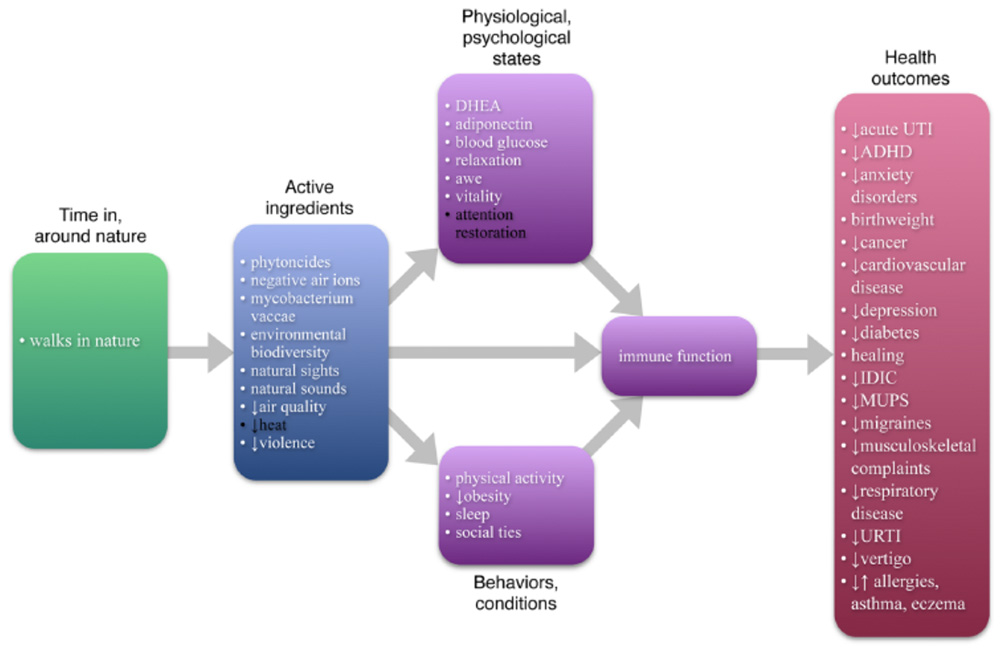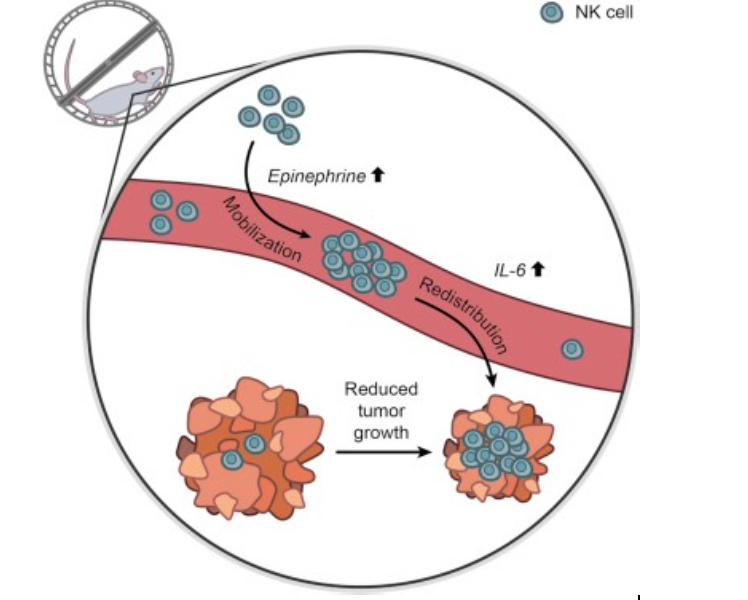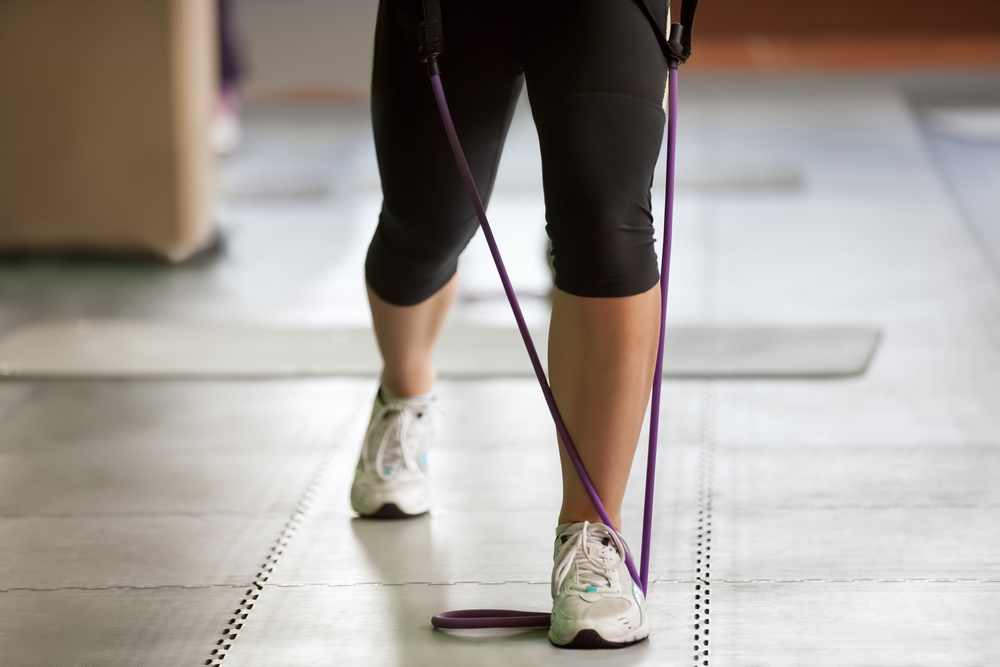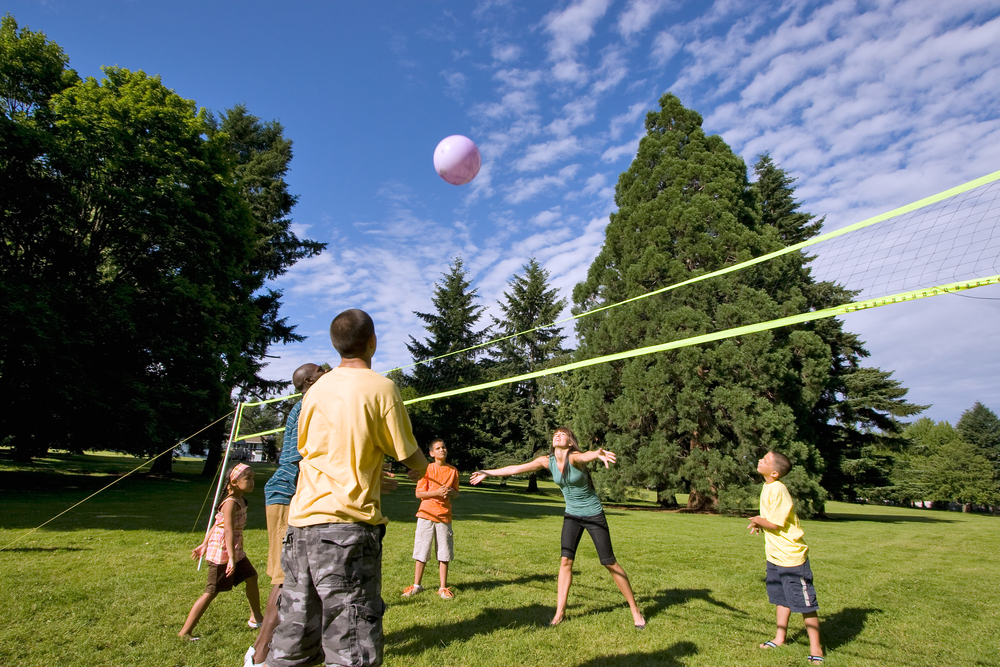Improve Performance With Mobility Training
Lauren Rubadeau There are several factors in our modern lifestyles that can affect our physical well-being and leave us feeling aged beyond our years. Sitting for extended hours throughout the day at a desk, overall lack of movement, or even repetitive movements that comprise our range of motion can leave our bodies feeling stiff and












